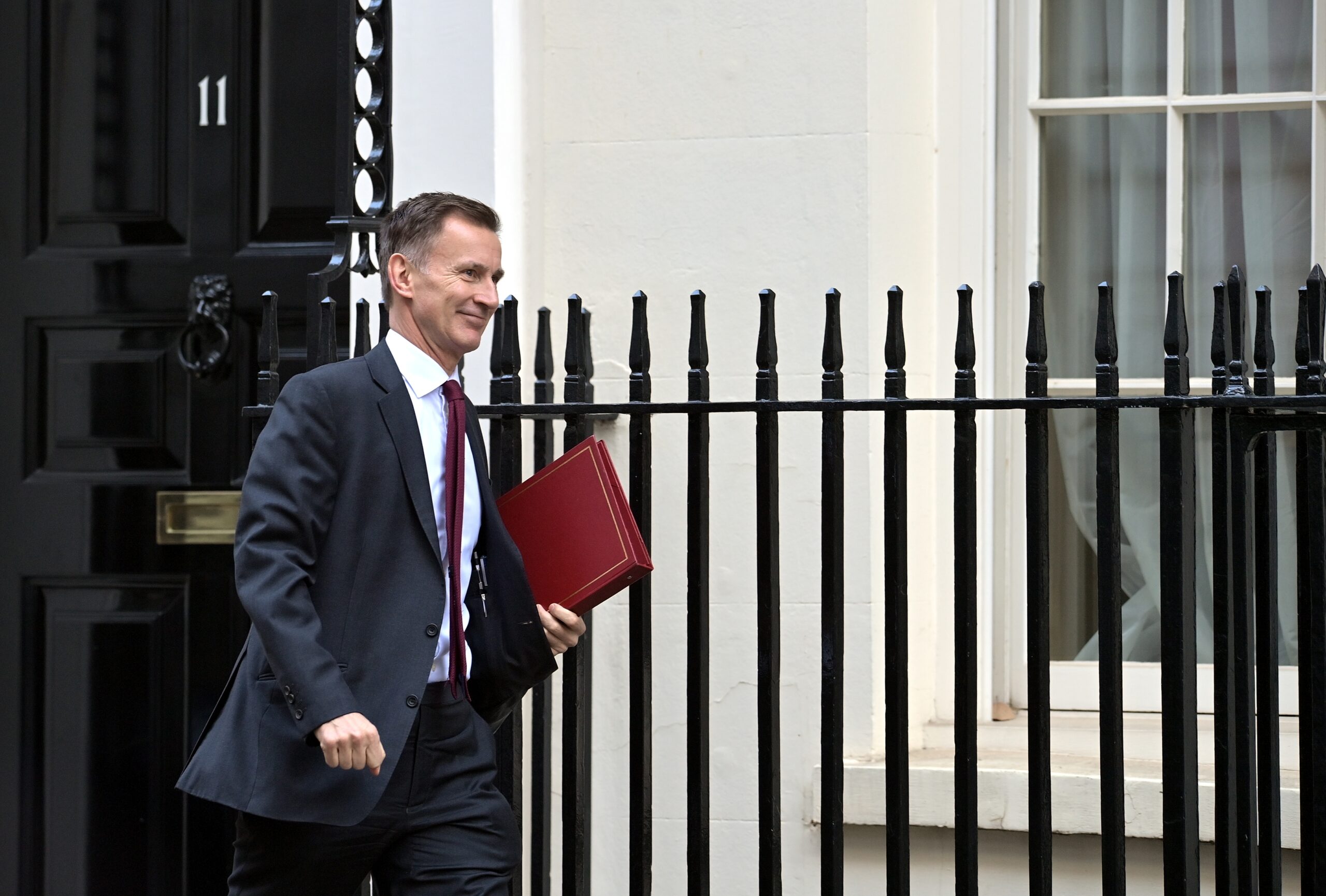Household Bills
Spring Budget 2023: UK will not enter recession and inflation fall expected

The UK will not enter a recession this year and inflation will fall to just under 3% by the end of this year.
In today’s Spring Budget, Chancellor Jeremy Hunt said that the Office for Budget Responsibility (OBR) predicted that the UK would not enter into a recession this year, with a contraction of 0.2%, which is a revision of up to 1.2% compared to the organisation’s November forecast.
The UK economy is then expected to grow by 2.8% and 2.5% in 2024 and 2025 respectively, as interest rates fall and energy price drops take inflation below its 2% target.
He added that the OBR was forecasting that Consumer Price Index (CPI) inflation would fall to 2.9% by the end of 2023.
Hunt said: “Inflation destroys the value of hard-earned pay and deters investment and foments industrial strife.
“This government remains steadfast in its support for the independent Monetary Policy Committee of the Bank of England as it takes action to return inflation to the two per cent target.”
He added: “High inflation is the root cause of strikes, and we will continue to work hard to settle those disputes but only in a way that does not fuel inflation.”
‘Spring Budget measures will lower inflation’
The Budget report added that inflation in 2023 as a whole would be 6.1%, which was 1.2% lower than in the OBR’s November forecast.
It added that the “direct effect of policies” in the Spring Budget would lower CPI inflation by around 0.7%.
The OBR said that real household incomes would have fallen by around 1.5% in 2023 if the energy price guarantee had not been extended.
It continued that inflation would fall to 0.9% in 2024 and then remain near 0% until mid-2026. It would then “return sustainably” to the 2% target by 2027 to 2028.
The UK hit an inflation peak of 11.1 per cent in October last year, which was the highest level for 40 years.
The Budget report said that external pressures fueling inflation, such as disruption to global supply chains, had started to ease and introduction of the energy price guarantee and energy bill relief scheme had “limited energy inflation for households and businesses”.
However, it said that “domestic inflationary pressure” had started to rise, pointing to a tight labour market putting pressure on wages and services price inflation as two factors.
Prime Minister Rishi Sunak had pledged to halve inflation from 10% earlier this year, which was one of five pledges he made.